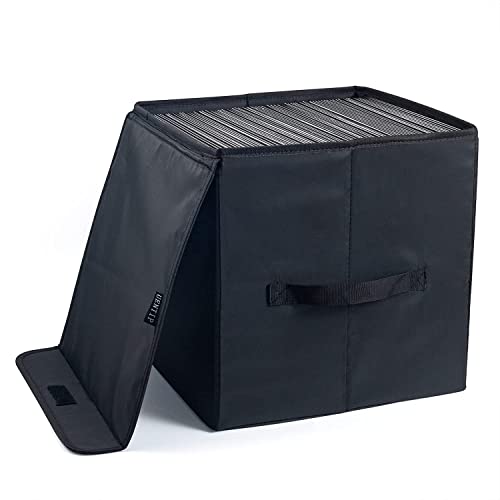Just saw this while browsing DAC stuff. Not sure similar debates have raged here already but I just found it interesting. The rest is copied / quote
I emailed Tom (Focusrite Technical Engineer) who had posted on another area of this site and asked him whether or not a usb lead could have an affect on the sound quality of the 2i4. He sent the following email back to me....
Hi James, (not me)
Digital cables, such as USB cables, do not suffer the same kind of 'difference in quality' that can be seen to a certain extent with analogue cables. A USB cable either works for its intended purpose or it doesn't. While cable failures may differ slightly in their nature, there is not any difference in 'sound' between USB cables as there is between some analogue cables, there can not possibly be if you take into account how these systems actually work.
Some USB cables may work in a particular situation where others fail, but this is down to different factors - and again, it will work, or it won't. For example, using particularly long USB cables with audio interfaces will sometimes cause them to loose connection with the host controller. In some cases, a longer cable will mean that the unit completely falls off the bus (i.e. it appears as though it's not plugged in).
There are some exceptions in which the data stream is intermittently corrupted by the time it is received. This will create audio dropouts (moments of complete silence) or pops and clicks etc. at best, and can not possibly be mistaken for the differences of quality seen in the analogue domain.
A 'High Quality' USB cable is merely one that is built to withstand more physical abuse and perhaps at best can handle slightly longer cable runs. They also may include a 'choke', like our cables do, which offers protection from HF interference to clean up the data stream. Do not confuse this for audible interference, it simply ensures that data is more likely to arrive at its destination intact, if it does not, then the unit will simply fail as stated above.
'The sound' comes entirely from the components used in the unit, particularly the preamps and AD / DA converters. At the point the USB cable comes into play, the signal is digital and will therefore be received correctly at either end, or not.
This same principle applies to other digital cables as well, such as S/PDIF etc. They either work, or they don't. If you would like further verification, you could run units through a dScope or similar test equipment to verify this. But that is quite unnecessary! Let me know if you have any questions or concerns and I will be happy to help.
Best regards,
Tom // Focusrite Technical Support Engineer.
I emailed Tom (Focusrite Technical Engineer) who had posted on another area of this site and asked him whether or not a usb lead could have an affect on the sound quality of the 2i4. He sent the following email back to me....
Hi James, (not me)
Digital cables, such as USB cables, do not suffer the same kind of 'difference in quality' that can be seen to a certain extent with analogue cables. A USB cable either works for its intended purpose or it doesn't. While cable failures may differ slightly in their nature, there is not any difference in 'sound' between USB cables as there is between some analogue cables, there can not possibly be if you take into account how these systems actually work.
Some USB cables may work in a particular situation where others fail, but this is down to different factors - and again, it will work, or it won't. For example, using particularly long USB cables with audio interfaces will sometimes cause them to loose connection with the host controller. In some cases, a longer cable will mean that the unit completely falls off the bus (i.e. it appears as though it's not plugged in).
There are some exceptions in which the data stream is intermittently corrupted by the time it is received. This will create audio dropouts (moments of complete silence) or pops and clicks etc. at best, and can not possibly be mistaken for the differences of quality seen in the analogue domain.
A 'High Quality' USB cable is merely one that is built to withstand more physical abuse and perhaps at best can handle slightly longer cable runs. They also may include a 'choke', like our cables do, which offers protection from HF interference to clean up the data stream. Do not confuse this for audible interference, it simply ensures that data is more likely to arrive at its destination intact, if it does not, then the unit will simply fail as stated above.
'The sound' comes entirely from the components used in the unit, particularly the preamps and AD / DA converters. At the point the USB cable comes into play, the signal is digital and will therefore be received correctly at either end, or not.
This same principle applies to other digital cables as well, such as S/PDIF etc. They either work, or they don't. If you would like further verification, you could run units through a dScope or similar test equipment to verify this. But that is quite unnecessary! Let me know if you have any questions or concerns and I will be happy to help.
Best regards,
Tom // Focusrite Technical Support Engineer.

















